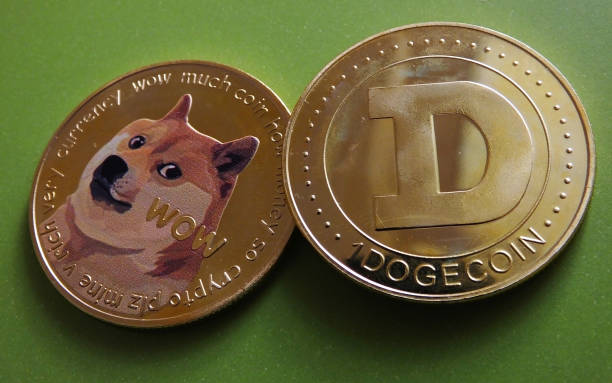Speeding up banks’ fiat payments poses increased risks of “financial or informational losses” while Bitcoin’s equivalent is foolproof.
This is the conclusion being drawn as the US National Automated Clearing House Association seeks to implement its Faster Payment scheme from 2017 - a mechanism designed to address the sluggishness of US fiat currency settlements.
Instant Transactions, Instant Minefield
A report by Security Intelligence (SI) stated this month that while Faster Payments is successfully active in many countries such as the UK, the risks associated with near-instant settlements need to be kept in mind.
“Speeding up processing and clearing times entirely changes the way the financial industry works. Faster transactions times can significantly impact operational risk, including security and fraud risks.”
SI outlined a whole list of weak points which could create problems for banks and gold mines for hackers. Specifically, these were “risks associated with controls, assets and asset misappropriation, corruption and loss of data, information or funds.”
In addition to these, transactions cleared through Faster Payments are still subject to the same issues as traditional payments - including a whole host of different types of fraud.
Even combative measures from banks may not always be enough, SI says, commenting:
“As anti-fraud technology advances, fraudsters will look to exploit any system vulnerabilities to their advantage. Shorter transaction times can potentially increase this risk.”
Current levels of security for interbank payments have been shown to be woefully inadequate at times. Most notably, 2016 has seen several hacking attempts of the SWIFT clearing system, the first of which involved funds totaling over $80 mln.
‘Stuck’ Bitcoin Transactions Meet Their Match
Meanwhile, thanks to a nifty trick for speeding up Blockchain transactions Bitcoin continues to beat the establishment in both time and security of transactions.
A technique known as child-pays-for-parent (CPFP) can get a transaction pushed through in minutes or even seconds if ‘stuck’ as unconfirmed.
Many wallets allow funds from unconfirmed transactions to be spent again. If a second transaction is initiated, miners can seen and understood that both should be confirmed. The second transaction could be a tiny amount but contain a much higher fee. Both transactions would be mined at the same time, with the high fee carrying through the first ‘stuck’ transaction.
No risk is involved with the unconfirmed coin respending, this includes double spend as no coins are actually spent twice.
Reddit users reported the success of the method, with tips on how to use it from a variety of different popular wallets.








